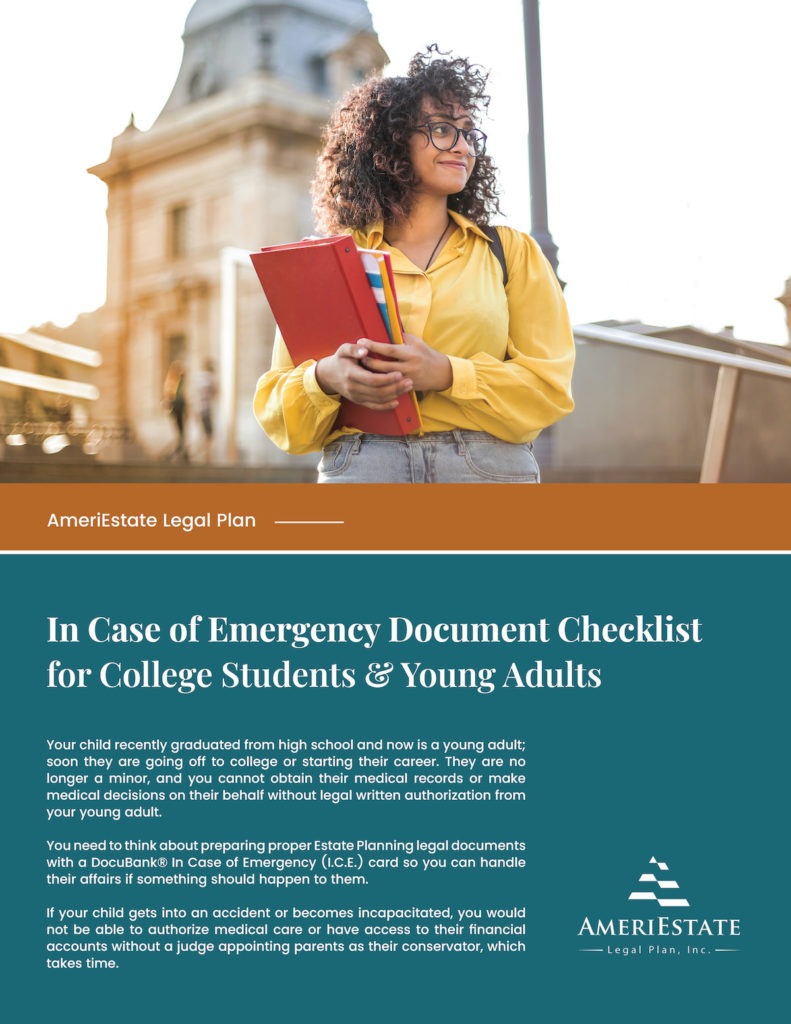Having a child head off to college is a time of great pride and uncertainty. If your child is going to school non-locally or out-of-state, you might have anxieties about him or her being so far away from home. However, distance isn’t the only thing that college parents have to worry about; they also have to deal with the fact that their children are becoming legal adults.
Even though your student may still operate under your financial wing, this does not change the fact that they become legal adults at the age of 18. At this point, your ability to access information about your child becomes more limited. Here are some things to watch out for as your child leaves home for college.
Voting and the Selective Service
As your child approaches age 18, it is a good time to have a conversation with him or her about voting. Make sure that your child understands how to register and where to vote if he or she will be residing out-of-state. Additionally, if your child is a male with US citizenship, it is highly likely that he will need to register for the Selective Service. Failure to do so can cause serious problems, so ensure that your son understands the process.
FERPA
FERPA stands for the Family Educational Rights and Privacy Act. What this means is that if you call your child's university asking for any information about him or her, the university cannot give it to you. This covers everything from your child’s transcripts all the way to even getting basic information about them. Essentially, if you called your child’s college and merely asked if your child was a student at the college, the college could not legally disclose that information. FERPA applies even if you are paying for your child’s education.
It is possible for your child to sign a FERPA waiver. However, this does not require college employees to disclose information. For instance, even if your child signs a FERPA waiver, a professor may still choose not to discuss grades or anything class-related with you.
HIPAA
As we have written about prior, HIPAA is the Health Insurance Portability and Accountability Act. Just like FERPA protects the privacy of educational records, HIPAA protects the privacy of medical records. In the event that your child suffers a cataclysmic injury and ends up in the hospital, the hospital may choose not to release information about them without prior permission from him or her. Having access to your child’s medical health is more important than ever due to the ongoing COVID-19 pandemic.
In order to prepare for these situations, understanding waivers and documentation is essential. One way that you can ensure that you always have access to your child in a medical emergency is to obtain the “In Case of Emergency” or ICE enrollment card from AmeriEstate. If you sign up for this card, it provides medical personnel with an Advance Healthcare Directive and HIPAA release form. This will allow you access to your child and the ability to make medical decisions on his or her behalf if necessary. Contact AmeriEstate today so you can help your child prepare for college.
Click below to get your Free In Case of Emergency Document Checklist for Students and Young Adults

